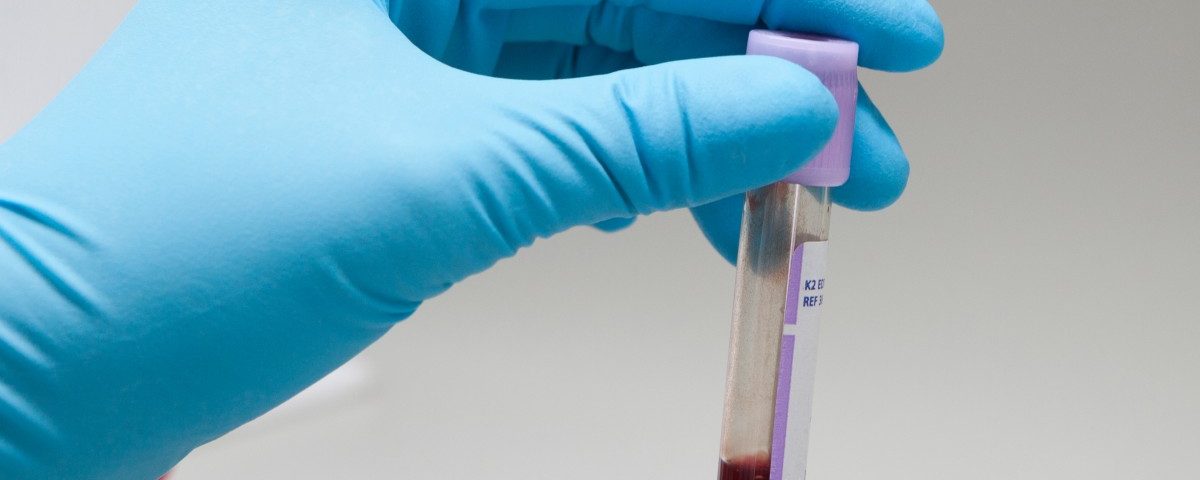A novel test that measures the concentration of gut bacterial products in a person’s blood and stool may become a non-invasive and risk-free way to diagnose inflammatory bowel disease (IBD), a proof-of-concept study has found.
The findings were described in the study “Inflammatory bowel disease associates with increased gut‐to‐blood penetration of SCFA: A new, noninvasive marker of a functional intestinal lesion ” and published in the journal Experimental Physiology.
Diagnosing and monitoring IBD is typically based on a colonoscopy, which is an invasive technique that often requires anesthesia, and is suitable to assess structural lesions, rather than gut malfunction.
In their study, a team of researchers from the Medical University of Warsaw, Poland, proposed the use of a marker of gut permeability as a non-invasive test to assess gut function, and to help screen and monitor the treatment of intestinal diseases.
“This may be a very important tool for diagnosis and treatment of gut and other diseases, using the leaky gut as a marker for disease, as well as a potential target for treatment,” Marcin Ufnal, MD, PhD, senior author of the study, said in a press release.
The test requires a small sample (1 milliliter) of blood and stool, and measures the concentration of gut bacterial products, which result from the metabolism of bacteria in the gut.
How well our gut works is determined by the gut-blood barrier (GBB), which is a complex multi-layer system, much like a tightly controlled filter, that prevents molecules and bacteria from inside the gut to pass freely to the blood.
Gut bacteria, or gut microbiota, produce a number of biologically active compounds that may affect a person’s health. But to enter the bloodstream, these products first need to cross the gut-blood barrier.
People whose GBB is somehow impaired or has become too permeable — commonly referred to as a “leaky gut” — are more likely to carry gut-derived molecules circulating in their blood.
This barrier may be impaired in people with gastrointestinal, metabolic, and heart diseases. Those with IBD and other intestinal diseases are also known to have problems in their GBB.
Scientists in the study believe that assessing gut leakage is a “promising diagnostic marker” in the treatment of IBD and other intestinal diseases. Specifically, their hypothesis was that gut bacteria‐produced short‐chain fatty acids (SCFA) may serve as a marker for IBD.
They saw that rats with colitis had increased ratios of blood-to-stool SCFA, which was associated with higher gut permeability. Likewise, six children with IBD showed a greater presence of SCFA in their blood, including acetic, valeric, isocaproic, caproic, and propionic acids compared with nine healthy controls.
“These findings pave the way to a new, non‐invasive diagnostic tool in IBD and other diseases accompanied by intestinal barrier malfunction,” the authors wrote.
Problems in gut function can happen before structural changes are visible, so measuring gut leakage could allow clinicians to detect the disease earlier, and enable patients to control symptoms before they become more severe.
In addition, the simple test could be useful to diagnose celiac disease and food allergies, and other disorders associated with leaky gut, such as heart failure, high blood pressure, and liver illnesses.
Gut diseases such as IBD are becoming more common worldwide, especially in industrialized countries. In 2015, three million people in the U.S. (or 1.3% of the population) and 250,000 people in the U.K. were diagnosed with IBD.
To know more about the science behind a leaky gut and the gut-to-blood permeability ratio, a online video from the British Physiological Society is available.

